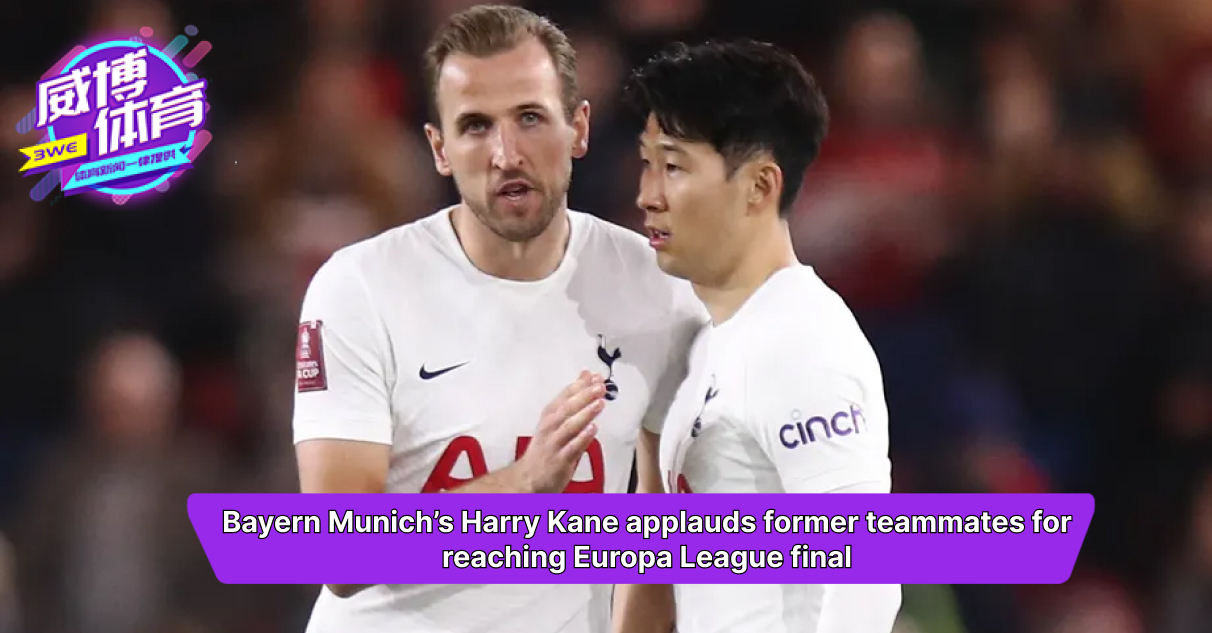Bayer Leverkusen’s rise from perennial failures to potentially becoming European immortals

The German club, 51 games unbeaten, will take on Atalanta in the Europa League final on Wednesday, looking to remain unbeaten on the season
You will doubtless have heard the tale of Bayer Leverkusen by now, the all-conquering kings of German football who may be as little as 180 minutes away from immortality. Beat Atalanta in the Europa League final and second-tier Kaiserslautern in the DFB Pokal and they will have played out Europe’s first unbeaten top-flight season in the age of UEFA competition. Not bad for a club previously defined by the glorious failures of 2000-02.
You may have an idea of where Leverkusen are heading. You may not be so familiar with how they got there. To truly understand Xabi Alonso’s Invincibles you have to understand the team that the Spaniard inherited in the autumn of 2022, moored in the Bundesliga relegation zone. The issue was not so much the quality of the players as much as the sense of sloppiness to them. That was particularly pronounced in the Leverkusen defense, where they were late to second balls, continually chasing back to recover, any semblance of shape swiftly vanishing in the vertical headrush of the German game.
“Initially we really had to focus on stabilizing ourselves defensively,” said Florian Wirtz, the jewel in Leverkusen’s crown, of the weeks after Alonso’s appointment. “We had to improve that part of the game. So the whole team was focused on defensive work. First and foremost, defend our goal, don’t give up goals. That was really the foundation Xabi wanted to build.”
Almost immediately Alonso established a back three that would go on to be the foundation of this all-conquering side, Jonathan Tah flanked by Edmond Tapsoba on his left and Odilon Kossounou on his right. That defense, backed up by Piero Hincapie and Josip Stanisic, and Lukas Hradecky would go on to achieve 16 clean sheets in 34 Bundesliga games this season, conceding just 24 goals in total and allowing only 30.1 expected goals (xG).
A major factor in that defensive excellence is what perhaps ought not to look like the radical break with German footballing orthodoxy that it might be. Alonso’s side actually keep the ball. The gegenpressing age isn’t over yet and only five teams in the Bundesliga complete an average of over 3.5 passes per sequence, the top five teams in the league to be precise. They average more passes per sequence than anyone else at 4.9 and have the league’s second-slowest speed, in terms of meters advanced. In that sense, they are a team built in their manager’s image, one that prioritizes control above all else.
“The positioning, the tempo, the construction of our game — we like to do that differently,” Alonso has said of his side. “We try to be patient, we don’t like to be too crazy or hectic. That is something that is not easy to do in the Bundesliga.”






